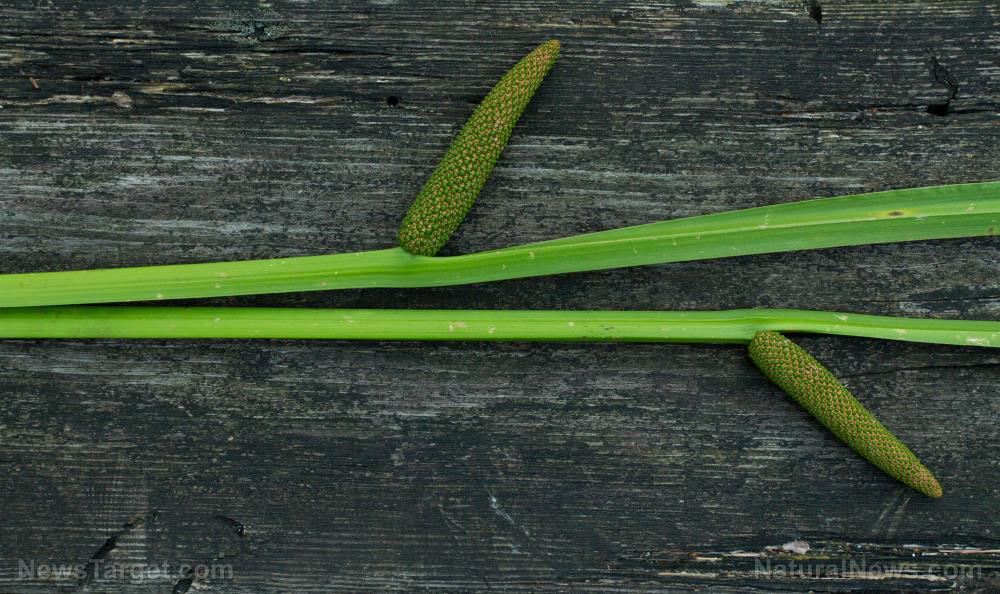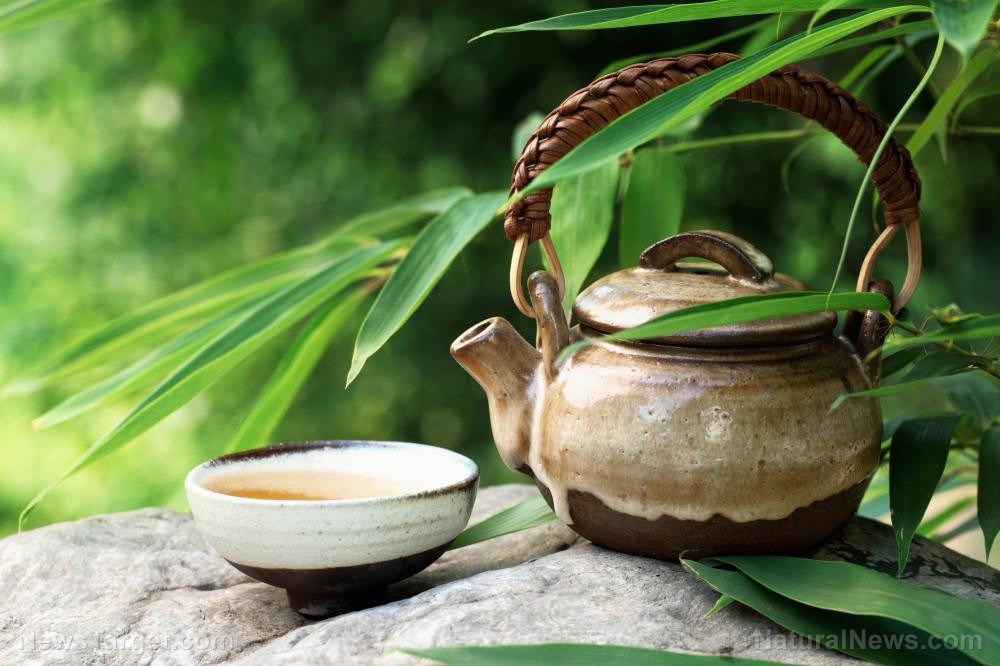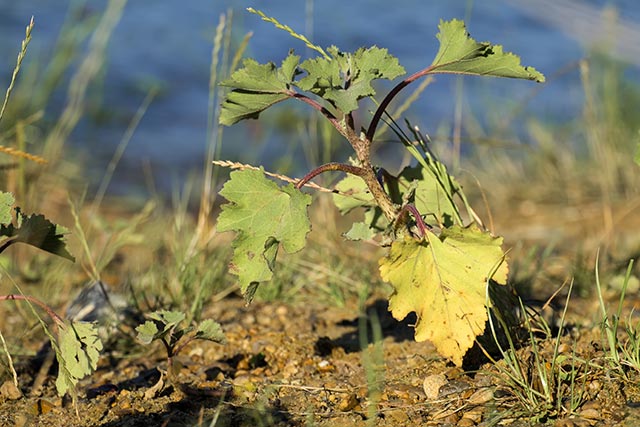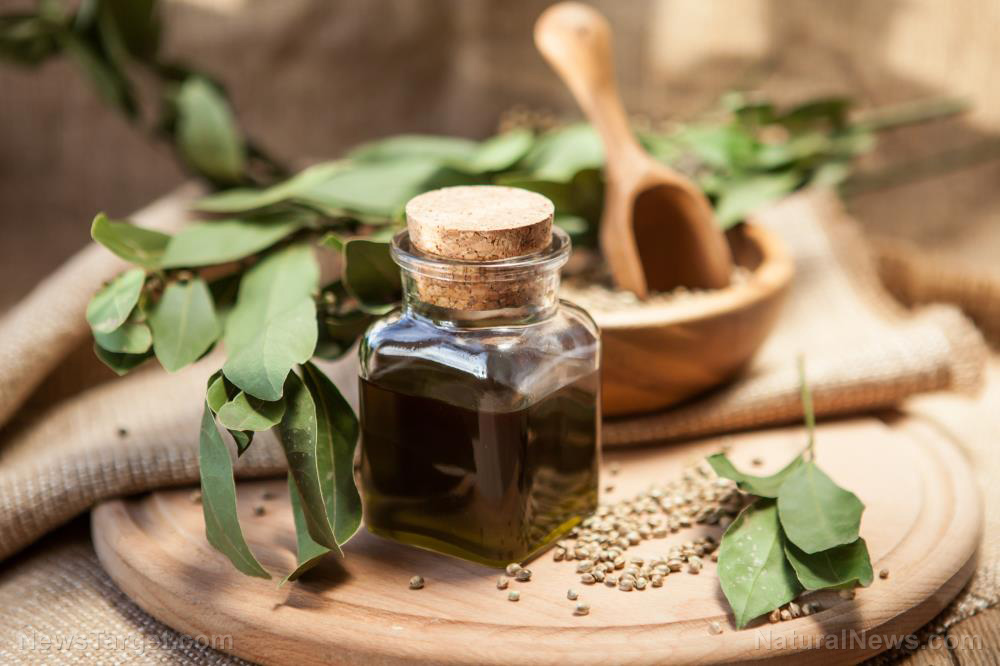Rhizome extracts of the herb vacha have protective effects against oxidative damage: Study
07/16/2019 / By Melissa Smith

Researchers from the University of Mysore in India examined the potential protective effect of the rhizome extracts of vacha (Acorus calamus) against oxidative damage. The team published their results in the journal Food Science and Human Wellness.
- Vacha, also known as sweet flag or buch plant, is an herb widely used in Ayurvedic medicine.
- The rhizome of vacha is commonly used for treating various ailments, including epilepsy, mental illness, and rheumatism.
- For the study, the researchers determined the antioxidant potential of different solvent extracts of vacha rhizome in lab and animal trials.
- Oxidative damage is known to result in cell or tissue injury; it plays a role in the aging process and the development of degenerative diseases, such as atherosclerosis, cancer, diabetes, heart disease, liver damage, and Alzheimer’s disease.
- Exposure to stress can promote the production of free radicals and oxidative damage.
- The researchers found that the benzene extract was the most potent in scavenging free radicals and in protecting DNA and mitochondria from oxidative damage.
- In the animal trial, the researchers induced stress in rats by exposing them to restraint and forced them to swim. The rats were pretreated with the benzene vacha rhizome extract.
- The researchers found that the extract effectively prevented stress-induced reductions in total plasma antioxidant activity.
- The minimum effective dose of the benzene extract was 5 milligrams per kilogram (mg/kg) body weight. At this dose, its effect was similar to the same dose of ascorbic acid, a standard antioxidant.
- Taken together, these results demonstrated the potent antioxidant activity of vacha.
Based on the results of the study, the researchers concluded that vacha’s therapeutic effects may be attributed to its antioxidant properties.
Read the full text of the study at this link.
Journal Reference:
Devaki M, Nirupama R, Nirupama M, Yajurvedi HN. PROTECTIVE EFFECT OF RHIZOME EXTRACTS OF THE HERB, VACHA (ACORUS CALAMUS) AGAINST OXIDATIVE DAMAGE: AN IN VIVO AND IN VITRO STUDY. Food Science and Human Wellness. June 2016; 5(2): 76-84. DOI: 10.1016/j.fshw.2016.02.003
Tagged Under: Acorus calamus, alternative medicine, antioxidants, Ayurveda, Ayurvedic medicine, buch plant, disease treatments, Diseases, Free radicals, herbal medicine, Herbs, inflammation, natural cures, natural medicine, oxidative damage, prevention, remedies, research, stress, Sweet Flag, vacha
RECENT NEWS & ARTICLES
COPYRIGHT © 2017 CURES NEWS

















